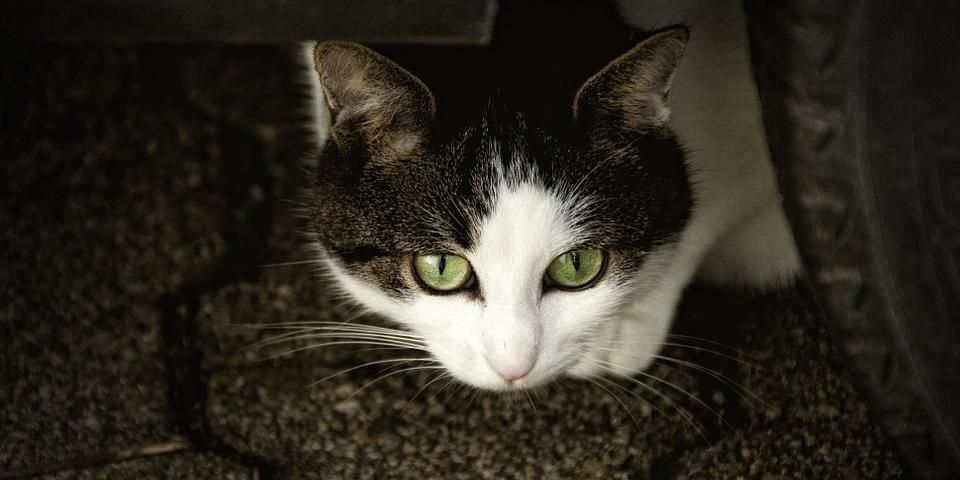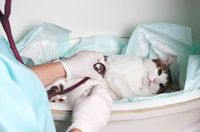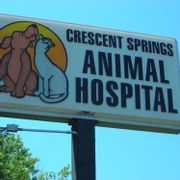Learn What Causes Cat Diarrhea & When an Emergency Vet Is Necessary

When your cat has diarrhea, it means there is some sort of intestinal disturbance occurring, which will result in increased frequency or amount of loose stool. This is often a sign of a more serious underlying disease or disorder that is affecting the small or large intestine, and in some cases, both. At Crescent Springs Animal Hospital in Kentucky, their emergency vets will treat your sick cat and find the root of what was causing the problem.
Before you bring your cat to an emergency vet for treatment, here is what you should know about diarrhea:
- Causes: There are several different reasons your cat might be experiencing diarrhea. The most common culprits include a change in diet, food intolerance, a blockage (hairball or other foreign object), spoiled food, an allergic reaction, bacterial or viral infections, internal parasites (roundworms, coccidian, and Giardia), colitis, hyperthyroidism, medications, cancer, and kidney or liver disease.

- Symptoms: The most common signs that your cat has diarrhea are loose, frequent stools. You might also notice that your cat has more gas than normal and find blood in their stool when emptying their litter box. Other signs might include lethargy, weight loss, vomiting, decreased appetite, dehydration, and fever.
- Treatments: Veterinarians and animal clinics will often recommend that you avoid giving your cat food for 12 to 24 hours if you see clear signs they have diarrhea. However, be sure that they are receiving plenty of clean, fresh water to prevent dehydration during this period. Then they should be given a very bland diet while you slowly switch them back to their normal diet over a few days. If your cat still has diarrhea after one full day, bring your cat to an emergency vet.
Call the animal clinic at (859) 331-6608 to find out if you should bring your cat in to see a vet earlier. You can also visit this pet hospital online to learn more about the emergency services they provide animals in the Crescent Springs area.
About the Business
Have a question? Ask the experts!
Send your question

